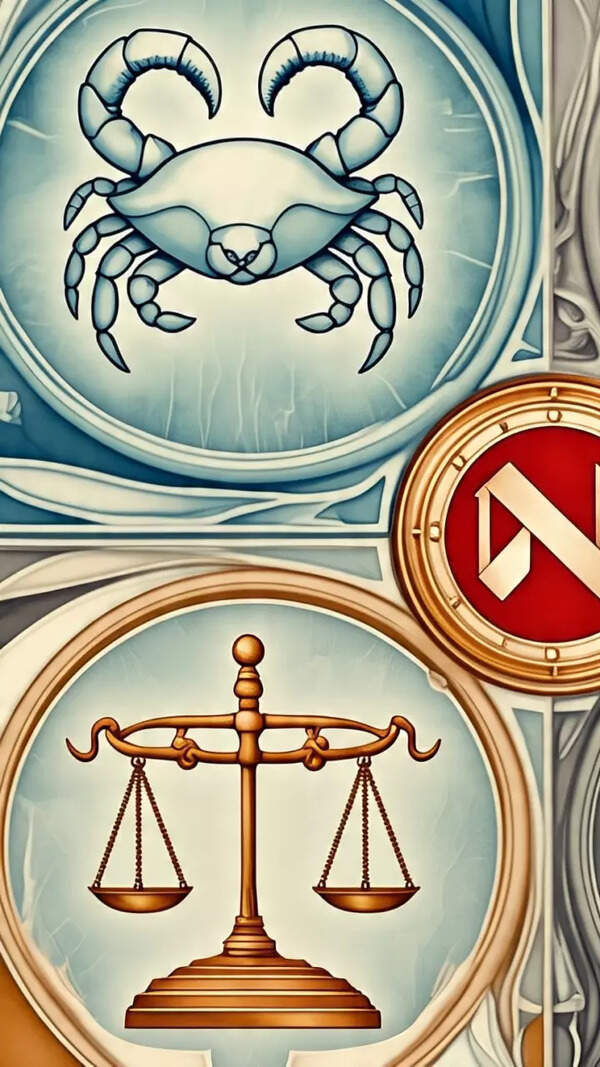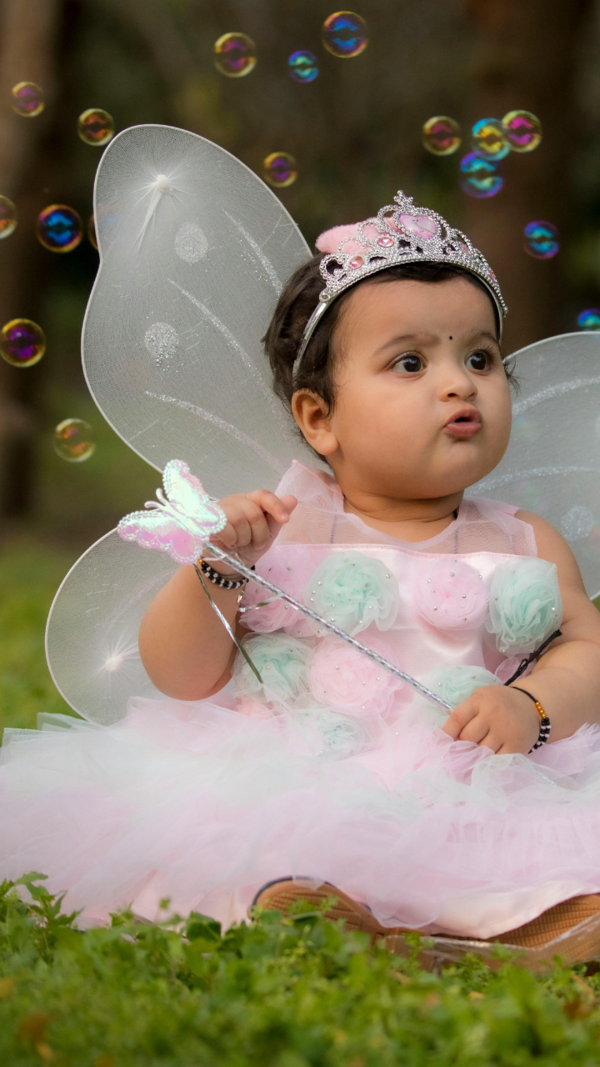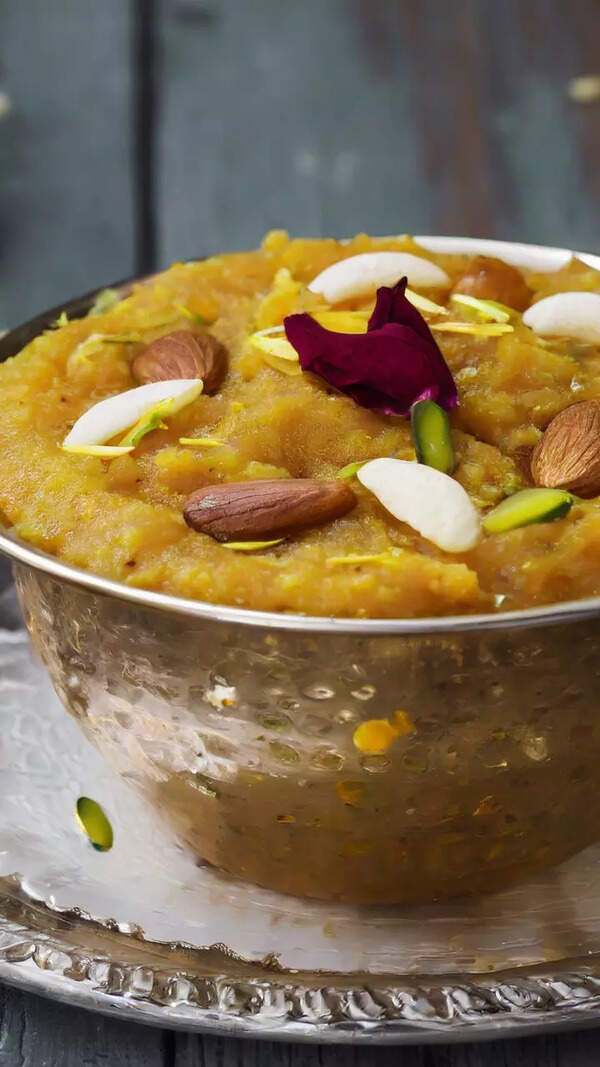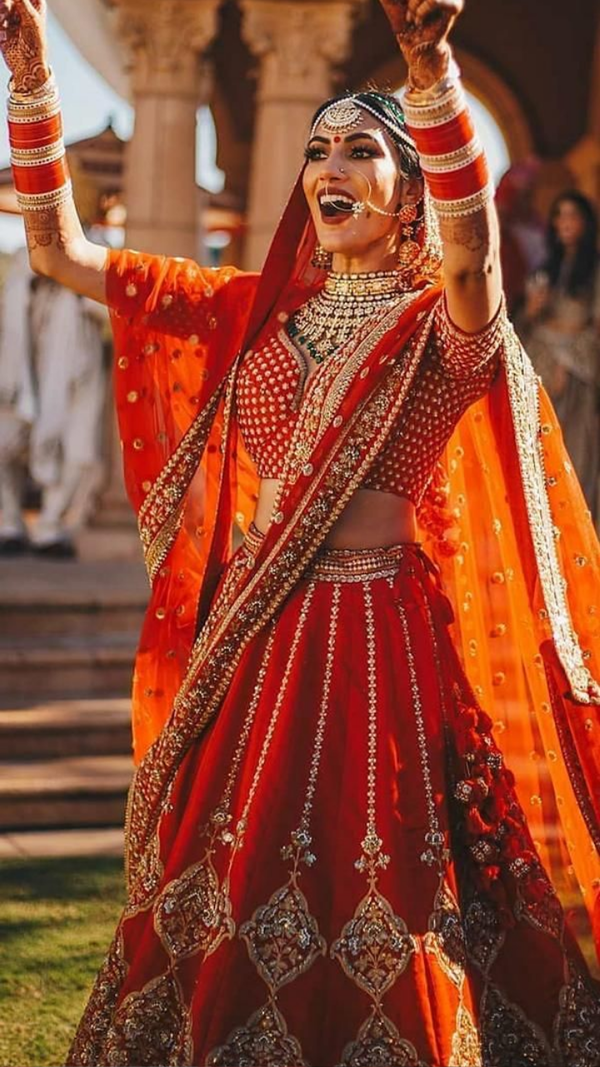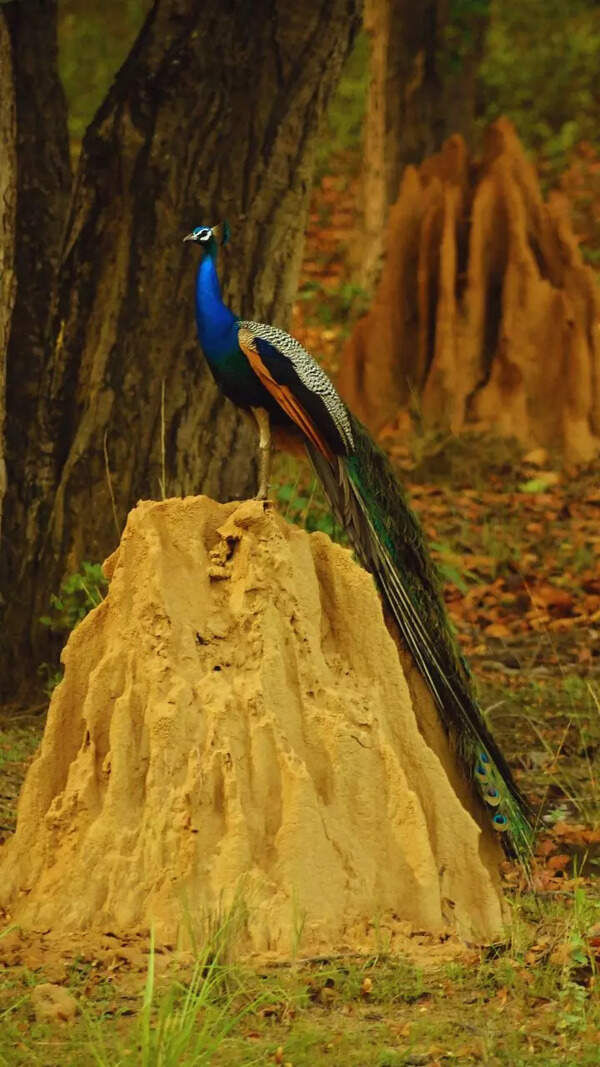- News
- 'Dhak Dhak’ or ‘Abbanee Tiyyani’: The iconic Madhuri Dixit song that borrowed its beat from Ilaiyaraaja’s Telugu hit
'Dhak Dhak’ or ‘Abbanee Tiyyani’: The iconic Madhuri Dixit song that borrowed its beat from Ilaiyaraaja’s Telugu hit
Madhuri Dixit's iconic 'Dhak Dhak Karne Laga' from 'Beta' owes its melody to Ilaiyaraaja's Telugu song 'Abbanee Tiyyani,' starring Sridevi. While the Hindi version became a symbol of sensuality, its musical origins lie in a different cultural context. Composer Anand Milind later expressed regret, acknowledging the pressure to borrow tunes during that era of Bollywood music.
Madhuri Dixit's iconic ‘Dhak Dhak Karne Laga’ from the 1992 film 'Beta' has long been associated with her sensual screen presence and enduring star power. Draped in a yellow satin saree, her performance was a turning point in how Bollywood portrayed female desire and agency. Choreographed by Saroj Khan and sung by Anuradha Paudwal and Udit Narayan, Madhuri's magnetic performance captivated audiences and solidified her status as the ‘Dhak Dhak’ girl. With music by Anand Milind and lyrics by Sameer, the song became a cultural reference point, etched in the memory of every ’90s Bollywood fan.The hidden origin: From Sridevi to MadhuriBut what many fans didn’t realize for years is that the tune of ‘Dhak Dhak’ was not original. The melody was lifted from Ilaiyaraaja’s 1990 Telugu song ‘Abbanee Tiyyani’ from 'Jagadeka Veerudu Athiloka Sundari,' which starred Sridevi and Chiranjeevi. Sung by SP Balasubrahmanyam and KS Chithra, the original version carried a romantic yet innocent charm and was picturised in an open garden-like setting, far removed from the overt sensuality of 'Beta.' While the Hindi version became a sex symbol-defining moment, it owed its musical soul to a completely different cultural and cinematic context.A plagiarised tune in the golden age of Bollywood
End of Article
Follow Us On Social Media


